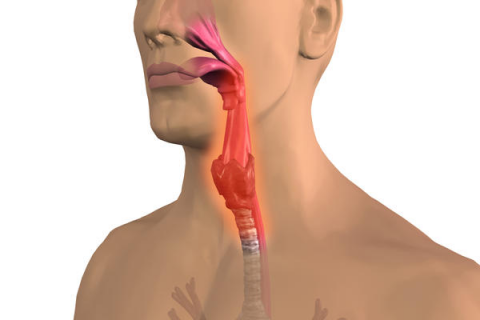
Secondary Sources of Information for Identifying Swallowing Difficulties in Disability Care Identifying Swallowing Difficulties in Disability Care
| Source of Information (Secondary) | Observations / Evidence Indicating Swallowing Difficulty |
| Changes in Social Behaviour | – Avoidance of mealtimes in group settings – Preferring to eat alone or reduced participation in shared meals – Sudden withdrawal from conversations during meals (possibly to avoid attention when struggling to swallow) |
| Food Preferences & Avoidance | – Gradual shift toward softer foods without an obvious reason – Avoidance of dry or crumbly foods (e.g., crackers, toast) – Complaints that food “doesn’t taste right” or is “too hard to eat” |
| Increased Anxiety Around Eating | – Displays of distress or hesitation before meals – Frequent requests to cut food into smaller pieces – Showing nervousness when drinking fluids, especially thin liquids |
| Unexplained Changes in Hydration Levels | – Frequently drinking excessive amounts of water (to compensate for difficulty swallowing) – Avoiding water or drinking less due to fear of choking – Signs of dehydration without a clear cause (dry lips, dizziness, confusion) |
| Unexpected or Gradual Weight Loss | – Weight loss recorded in routine health checks, but no reports of reduced appetite – Clothing appearing looser over time despite no reported dietary changes – Signs of malnutrition, such as fatigue, hair thinning, or brittle nails |
| Changes in Eating Speed | – Eating significantly slower than before (possibly compensating for swallowing difficulties) – Taking small bites, chewing for excessive amounts of time – Rushing through meals to “get it over with” (may indicate anxiety) |
| Recurring Nighttime Coughing or Sleep Disturbances | – Complaints of coughing or choking episodes at night (could indicate silent aspiration) – Increased use of extra pillows to elevate the head when sleeping – Reports of waking up feeling like something is “stuck in the throat” |
| Changes in Bowel Movements or Digestion | – Reports of frequent constipation or discomfort (could indicate poor food intake due to swallowing issues) – Complaints of bloating, reflux, or heartburn unrelated to dietary changes – Frequent need |
Link to Dysphagia Training on the LMS Dysphagia and Choking (EP-408)
